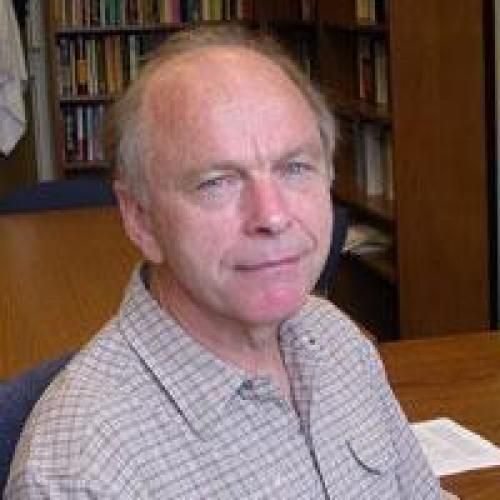
Who cares? Toward an integrated theory of volunteer work
We construct an integrated theory of formal and informal volunteer work based on the premises that volunteer work is (1) productive work that requires human capital, (2) collective behavior that requires social capital, and (3) ethically guided work that requires cultural capital. Using education, income, and functional health to measure human capital, number of children in the household and informal social interaction to measure social capital, and religiosity to measure cultural capital, we estimate a model in which formal volunteering and informal helping are reciprocally related but connected in different ways to different forms of capital. Using two-wave data from the Americans' Changing Lives panel study, we find that formal volunteering is positively related to human capital, number of children in the household, informal social interaction, and religiosity. Informal helping, such as helping a neighbor, is primarily determined by gender, age, and health. Estimation of reciprocal effects reveals that formal volunteering has a positive effect on helping, but helping does not affect formal volunteering.
Duke Scholars
Published In
DOI
ISSN
Publication Date
Volume
Issue
Start / End Page
Related Subject Headings
- Sociology
- 4410 Sociology
- 1608 Sociology
Citation

Published In
DOI
ISSN
Publication Date
Volume
Issue
Start / End Page
Related Subject Headings
- Sociology
- 4410 Sociology
- 1608 Sociology

